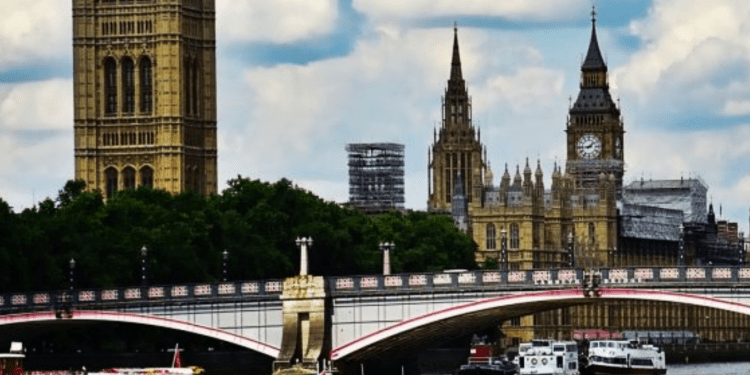- The UK’s Royal Mint will abandon its NFT plans
- It was planned in 2022 but was criticized as “unnecessary”
- Treasury Minister Andrew Griffith said the Royal Mint will not scrap it completely but will have it under review
An ambitious yet controversial plan by the UK’s Royal Mint to launch a non-fungible token (NFT) has been scrapped, dealing a significant setback to the nation’s efforts to become a crypto innovation powerhouse.
The brainchild of then Chancellor of Exchequer, now-Prime Minister Rishi Sunak, the NFT plan was unveiled in the spring of 2022 as part of a broader bid to bring stablecoins under a regulatory framework. However, the proposal faced stiff headwinds from critics who decried it as an unnecessary distraction from the country’s ailing economy.
Fast forward to Monday, and the plans have been officially shelved, with Treasury Minister Andrew Griffith announcing the decision on the UK parliament’s website. In his statement, Griffith said the Royal Mint would not proceed with the launch of an NFT sometime soon but would “keep this proposal under review.”
The move has cast doubts over the UK’s reputation as a crypto-friendly hub, particularly in the wake of regulatory crackdowns in the US and China. Industry experts warn that the decision could send a chilling message to crypto entrepreneurs looking to set up shop in Britain, potentially costing the country dearly in lost revenue and innovation.
Yet, while the decision may be a blow to UK’s crypto ambitions, it’s not all doom and gloom. Critics of the NFT plan argue that the move would have done little to foster genuine innovation in the space, instead serving as a mere headline-grabber. Now, attention can turn to more substantive efforts to create a supportive environment for crypto innovators in the UK and beyond. Time will tell whether the country’s leaders are up to the task.
The UK and Its Stance on Crypto and NFTs
While cryptocurrency and NFTs are legal in the UK, regulators continue to tighten laws against all blockchain assets.
According to the official government site:
“The proposals will also strengthen the rules around financial intermediaries and custodians – who have responsibility for facilitating transactions and safely storing customer assets. These steps will help to deliver a robust world-first regime strengthening rules around the lending of cryptoassets while enhancing consumer protection and the operational resilience of firms. As part of this approach, the consultation will seek views on improving market integrity and consumer protection by setting out a proposed crypto market abuse regime.”
Gherson LLP explained in detail that NFTs are considered cryptoassets, making them part of the Parliament’s proposals regarding digital assets. Like other digital assets, the UK’s regulation of NFTs depends on what kind of asset they are.
There are currently three categories: security, e-money, and unregulated tokens. Some digital assets may qualify as security tokens under existing financial regulations, meaning they would be subject to specific rules and regulations. Other digital assets may be classified as e-money tokens and subject to electronic money regulations.
However, collectible and non-collectible NFTs will generally not fall into either of these categories. As a result, they will likely be classified as unregulated tokens and remain without official regulations from the UK government. It’s important to note that this regulatory framework only applies to NFTs with investable characteristics and those that can be used for financial transactions and not to NFTs purely for artistic, entertainment, or hobbyist purposes.














